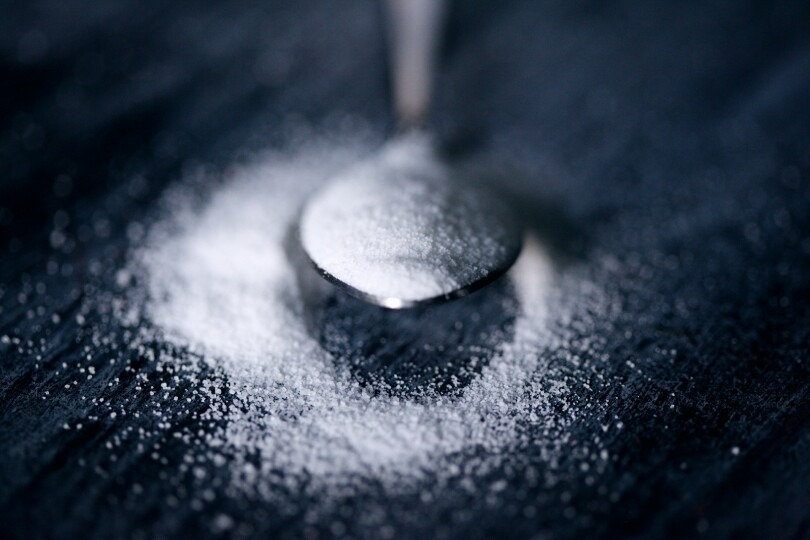3 Innovations from the International Horticultural Expo.
29 Apr 24
Enviro ChatThe Global News Source for the World of Science and Chemicals
22 April 2024
Lab Chat
Thanks to its sweet taste and endorphin-releasing properties, sugar has been an integral part of the human diet for millennia. It can be used to enhance all manner of foods and drinks, from breakfast items and desserts to smoothies, hot beverages and cocktails. However, it comes with an array of unwanted side effects, which is why people all around the globe are seeking to reduce their sugar consumption.
Step forward brazzein. This naturally occurring sweetener is derived from a climbing plant found in West Africa, with levels of sweetness up to thousands of times more intense than sucrose. Unlike sugar, however, brazzein is believed to be a far healthier alternative, opening up a world of possibilities in food and drink development.
Derived from the berries of a climbing shrub (Pentadiplandra brazzeana) found across the West African equatorial belt, brazzein has comprised part of the local human and simian diet for many years. However, it has only come to the attention of the western world in the last few decades, as its immense potential as an alternative to sugar was uncovered.
Brazzein is up to 2,000 times sweeter than table sugar, while it is also stable, soluble and easy to digest. These properties mean it could have a wealth of applications across a number of different food and drink sectors, including confectionery, dairy, ice cream, baking and beverages. At present, the brazzein market is growing at a rate of 5% per annum, as opposed to just 1% in its sucrose equivalent.
Sugar has proven such a popular ingredient with peoples of all ages and nationalities, so much so that the term “sweet tooth” exists to describe those with a penchant for the stuff. However, it can lead to an array of health problems, such as unwanted weight gain, high blood sugar levels, dental cavities and an increased risk of heart and liver disease, among others.
For that reason, the World Health Organization (WHO) has recommended that individuals do not consume more than 50g of sugar per day, or approximately 10% of our overall energy intake. For context, the French consume an average of 100g of sugar each day, so twice the recommended threshold; in the UAE, where over 70% of the population is overweight and over 25% obese, the numbers are likely to be even higher.
It’s good news, then, that Abu Dhabi-based alternative proteins pioneer Novel Foods Group are teaming up with three other companies to develop brazzein in the UAE. At present, the remote locations of the brazzein berries, as well as limited availability of the crop, have meant that production levels remain low. The new project aims to address that.
Through the construction of a $500 million new biotech production site in the UAE, as well as advanced precision fermentation techniques, Novel Foods Group aim to solve these challenges. What’s more, they will support existing efforts to investigate new brazzein-infused recipes and applications, ensuring a bright market for this innovative new sugar alternative – and the Emirati population as a result.
DOWNLOAD PDF

2 Day Seminar Program
@ ArabLab+ 2024
24 & 25 September 2024
22 Apr 24
Lab ChatYour stay in Dubai
Labkit
Product News
Chemkit
Product News
Thinking about exhibiting at ARABLAB 2024? Watch our video to find out more.
Join the world’s leading organisations…
Join our mailing list and receive the ARABLAB newsletter and event updates.